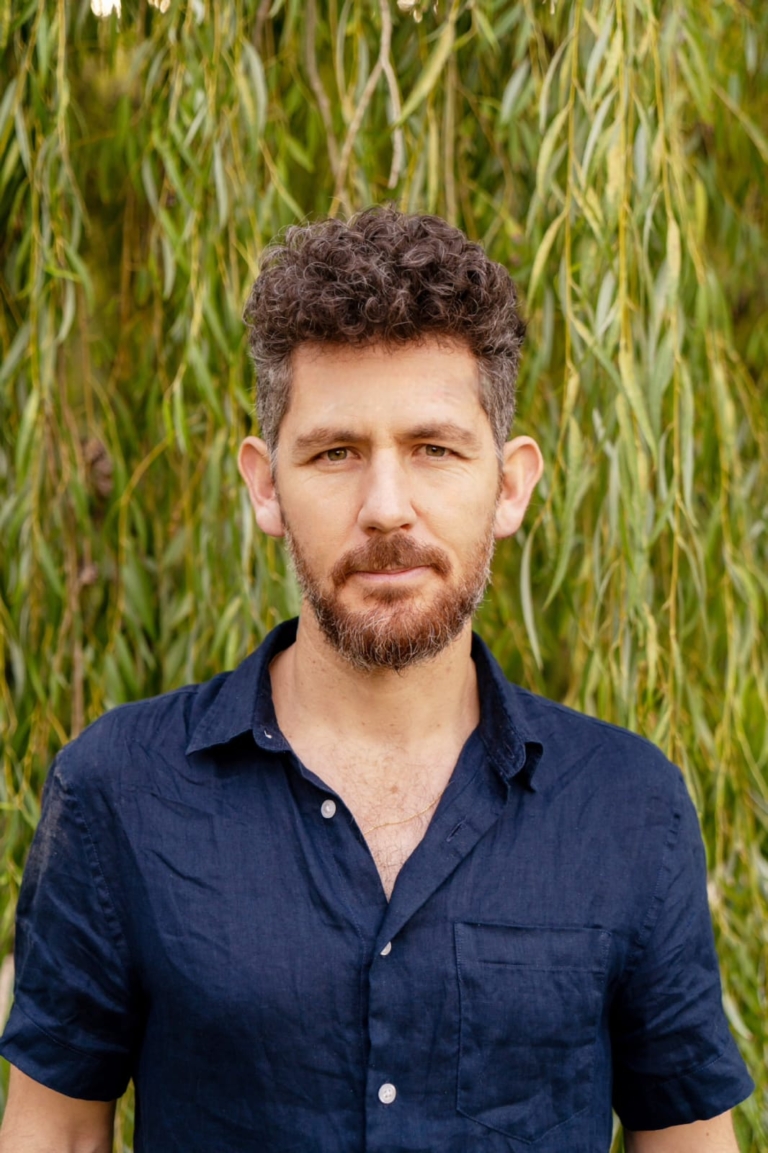
Publications:
Shraga Bick, “The Black Hole: Antinomianism, Revolution, and Theology of Defecation,” Theory & Criticism 55 (2021): 135-166 (Heb.).
Shraga Bick, “The Cancellation of the Recitation of the Ten Commandments in Prayer and Jewish-Christian Polemics: A Re-examination” Oqimta 10 (2024): 243-276 (Heb.)
Shraga Bick, “Excrement and the Construction of the Praying Body in Rabbinic Literature,” Journal of the American Academy of Religion (2024).
https://doi.org/10.1093/jaarel/lfae070
- Shraga Bick, “Surrounded by Law: Monasticism and Socio-Normative Stratification in Philoxenus of Mabbug,” Le Muséon (2024, forthcoming).
- Shraga Bick, “Living Under Monastic Law: Perfection and Obedience in John of Apamea,” Journal of Early Christian Studies 33:2 (2025): (forthcoming).
- Shraga Bick, “Weighing the Flesh: Social Hierarchy, Martyrology and Law in Late Ancient Judaism and Christianity,” Journal of Law and Religion 40:3 (2025, forthcoming).
Dr. Shraga Bick
Christian Monasticism, Christian law, Jewish and Christian prayer, body and prayer.
Christianity and Judaism in late antiquity; Jewish-Christian polemic; Judaism and the New Testament; Late ancient religious anthropology; Law and Religion.
I am a scholar of early Christianity and rabbinic literature, focusing on late ancient Jewish and Christian perceptions of body and law. I am interested in particular in socio-normative stratification – how does the law create different social identities? What role does legal discourse play in the creation of a bodily hierarchy? I have completed my PhD at the Hebrew University in 2022, and I was a postdoctoral associate at the Jewish studies Program at Yale University between 2022-2024.
My dissertation, titled “The Bodies of the Law: Commandments Discourse in Late Antiquity”, examines the discourses on the Law and on the body in rabbinic and early Christian literature, beginning with the New Testament and with Paul’s critic of both body and Law, and continuing with fourth and fifth eastern Christian monastic authors. I argue that the problem of the Law rests not in the question if it should be followed or not, but rather how it should be divided. Thus, at the center of Jewish and Christian discourses on the Law is a question regarding the process of classification and individuation. I have also written on the formation of prayer as a new religious category in late ancient Judaism and Christianity, and in particular on the relation between prayer and the body.
In my current project, I focus on Syriac-Christian “books of commandments” – a genre that is traditionally seen as distinctly Jewish. These Christian works include hundreds of commandments, from both the Old and the New Testament. I intend to examine the legal culture in which these books were created, going beyond their limited practical implication in order to understand the symbolic role of legal discourse and its relation to broader social and normative processes.